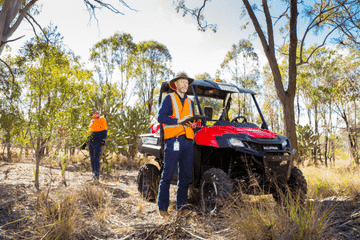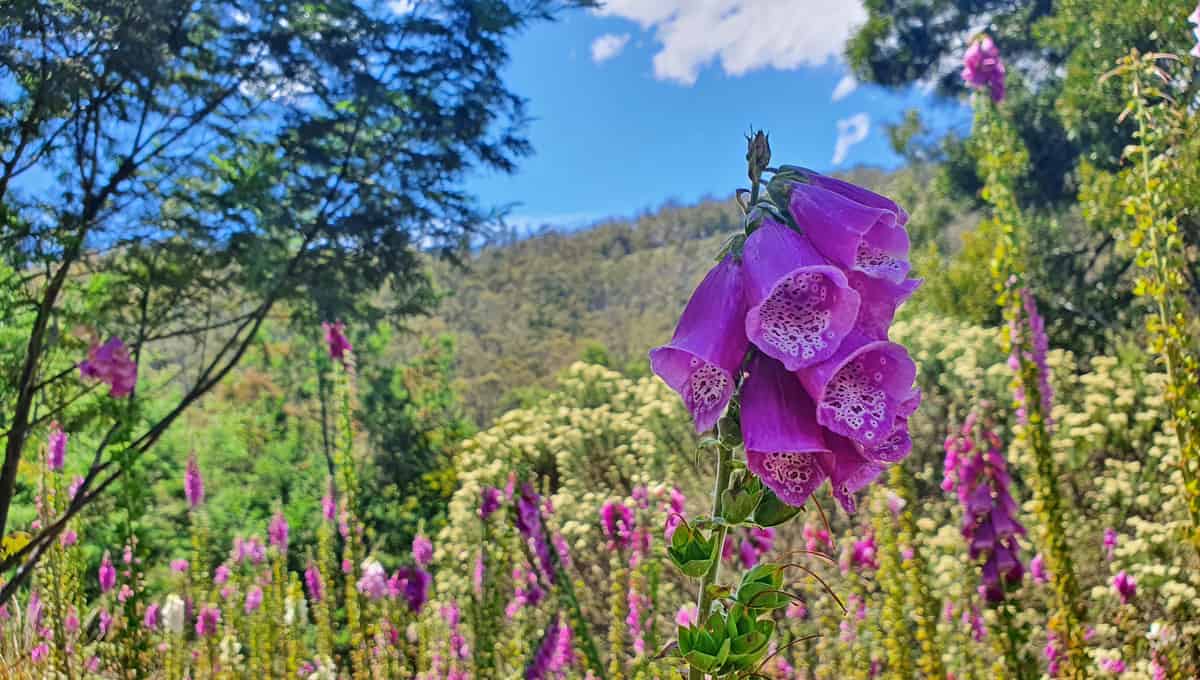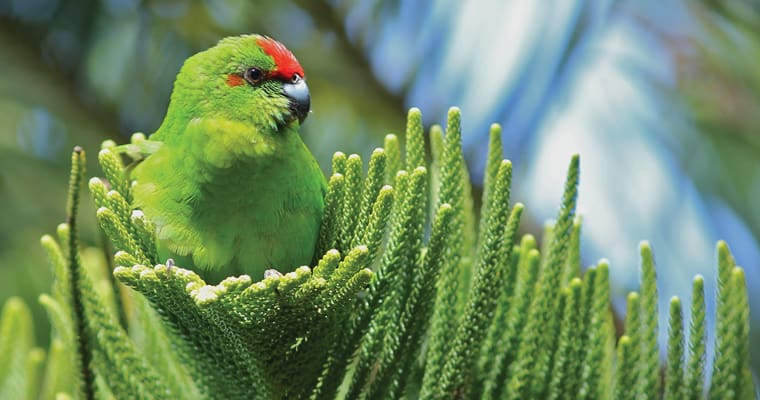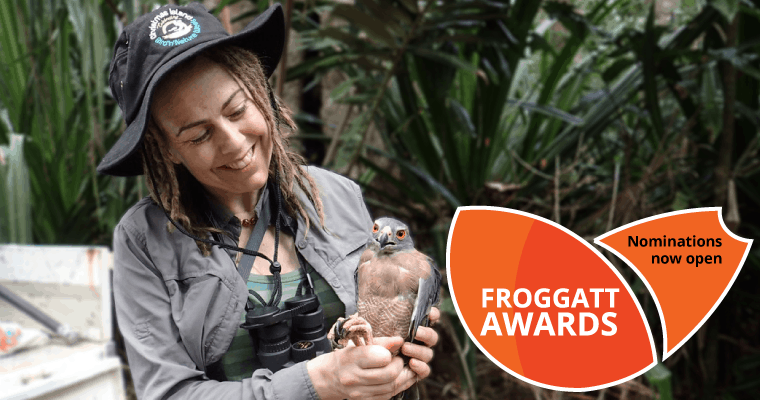
Action needed to forestall a feral future for NSW
Ahead of the NSW election, the Invasive Species Council has sounded a warning that NSW faces a pest and weed disaster due to the cumulative effect of recent natural disasters, climate change, underfunding and a lack of political will.




















